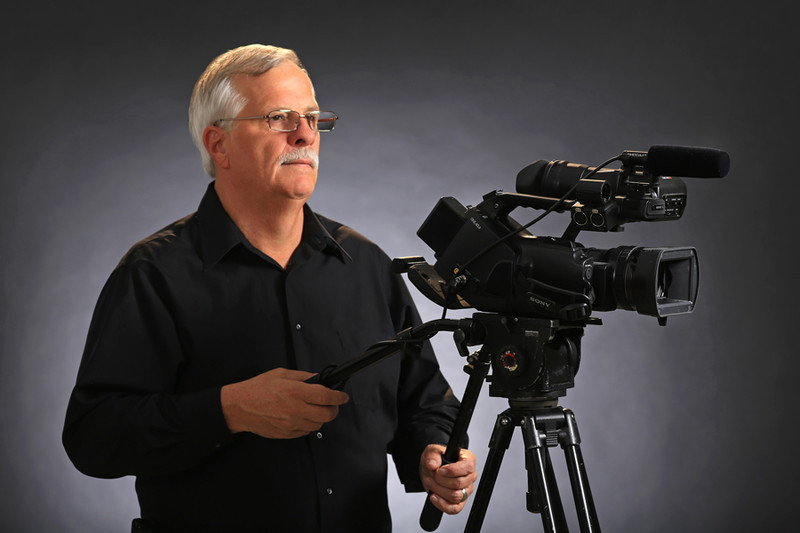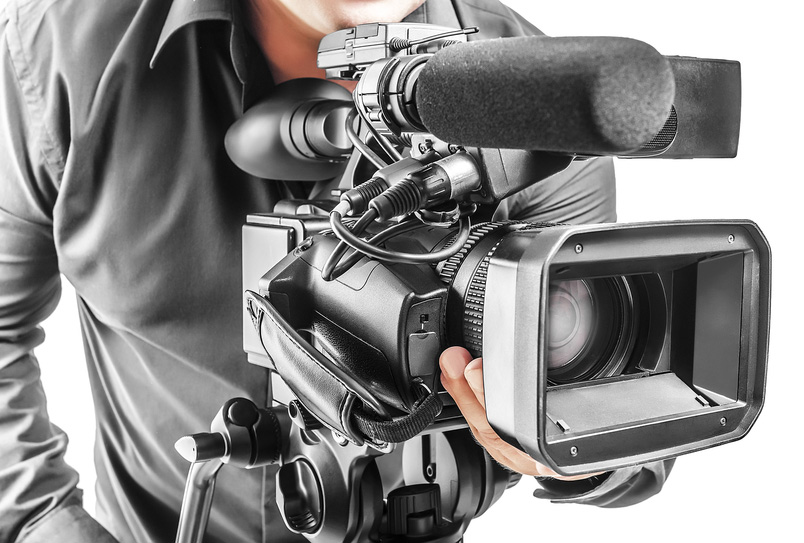The Duty of Legal Videography in Depositions and Trials
Legal videography has actually arised as an important tool in both depositions and trials, offering a multifaceted technique to recording witness statements. By capturing not just the talked word but additionally the nuances of non-verbal communication, this tool enhances the reliability of testimonies and maintains essential evidence for future process. As legal professionals significantly recognize its worth, it motivates a deeper examination of how these aesthetic documents can affect juror perceptions and test results. What ramifications might these growths hold for the future of lawful practice?
Relevance of Lawful Videography
Lawful videography plays an essential function in the documents and discussion of depositions and tests. This customized field integrates technical skills with legal understanding to produce a reliable document of process that can dramatically affect case outcomes. The visual element of legal videography boosts the understanding of witness testament, allowing jurors and courts to observe not just the talked words but also the disposition, feelings, and body movement of the witnesses.

The relevance of lawful videography expands beyond the court room; it also plays an essential duty in preserving evidence for future referral, whether for appeals or further lawful action. Its combination right into the legal process is crucial for making certain a reasonable and exact depiction of the truths, inevitably contributing to the pursuit of justice.

Refine of Legal Videography
While capturing the nuances of depositions and tests, the procedure of legal videography involves a number of important actions that ensure high-grade, precise recordings. Initially, an expert legal videographer prepares by examining the case products and recognizing the specific requirements of the deposition or test. This prep work consists of acquainting themselves with the participants and the context, which helps in recording significant information.
On the day of the recording, the videographer sets up the necessary equipment, which generally consists of high-def video cameras, microphones, and appropriate illumination. Ensuring ideal angles and audio top quality is vital, as it straight influences the effectiveness of the recording. The videographer communicates with lawyers and participants to develop procedures, making certain that everybody comprehends the recording process.
During the deposition or trial, the videographer meticulously tapes the proceedings, paying close interest to both spoken and non-verbal signs. legal videography. This includes capturing the behavior and reactions of witnesses and attorneys. After the session ends, the videographer might modify the footage for quality and compliance with lawful criteria, producing a final product that properly mirrors the procedures for future reference and use in lawful contexts
Advantages in Depositions
The incorporation of videography in depositions uses various advantages that boost the general process of collecting proof. One primary advantage is the capacity to capture witness testaments with visual and acoustic fidelity, giving a much more accurate depiction of the witness's behavior, tone, and body language. This multidimensional strategy allows attorneys and juries to examine integrity better than conventional written transcripts alone.
Furthermore, videographed depositions serve as an effective tool for preserving testament. Needs to a witness come to be not available for trial, their tape-recorded deposition can be played in court, making certain that their proof stays obtainable and relevant. This aspect substantially minimizes the threat of shedding critical details that could affect instance end results.
Additionally, the usage of legal videography advertises far better prep work for attorneys. Assessing video footage allows legal groups to assess and improve their techniques, identifying toughness and weak points in their cases. This preparatory advantage can lead to more engaging discussions this post in court.
Finally, videography enhances the general professionalism of the deposition procedure, instilling confidence in clients pertaining to the thoroughness of their legal representation. By leveraging innovation, legal experts can substantially enhance the performance of depositions.
Influence On Tests
In lots of trials, the combination of videography can considerably affect the presentation of proof and the jury's assumption. Lawful videography captures witness testimonies and important proof in a dynamic layout, permitting jurors to involve with the product on several degrees. This visual part boosts the narration element of a trial, pop over to these guys offering context and emotional resonance that traditional text-based evidence might lack.
Additionally, video clip recordings can function as powerful devices for impeachment throughout interrogation. When disparities develop between a witness's prior declarations and their court testament, video clip proof gives an objective reference that can guide jurors' viewpoints. This immediacy and clarity can strengthen the reliability of an event's story while concurrently undermining opposing disagreements.
In addition, the usage of videography can help simplify complex information, making it extra easily accessible to jurors who might battle to grasp complex information presented exclusively via verbal testimony. By integrating visuals with auditory details, lawful videography can enhance retention and understanding, ultimately affecting the court's decision-making process. Therefore, the effect of videography in trials extends beyond plain aesthetics; it plays a critical role fit the legal landscape and results.
Future Trends in Legal Videography
As we look towards the future of legal videography, a number of emerging fads guarantee to improve its role within the court. One significant fad is the assimilation of expert system (AI) in video analysis and modifying - legal videography. AI can streamline the procedure of identifying vital moments in videotaped depositions, enabling lawyers to rapidly access pertinent material, thus boosting effectiveness in instance prep work
In addition, the increase of digital fact (VR) and increased reality (AR) modern technologies is anticipated to transform how jurors experience evidence. By submersing jurors in a simulated atmosphere, these technologies can give a much more profound understanding of intricate situations, resulting in more enlightened deliberations.

Moreover, the enhancing need for remote depositions, increased by the COVID-19 pandemic, will likely proceed. Lawful videographers will need to adjust to brand-new software and systems to ensure high-quality recordings in virtual settings.
Lastly, the growing emphasis on information protection will certainly require more stringent methods for saving and sharing video proof. As the legal landscape evolves, lawful videographers must remain abreast of these patterns to keep their relevance and performance in the judicial process.

Conclusion
In recap, legal videography offers an essential feature in the judicial procedure, improving the integrity of depositions and trials. By recording the subtleties of witness statements, this medium not only maintains necessary proof however additionally help in providing info efficiently to jurors. The importance of aesthetic paperwork in assessing reliability and assisting in cross-examination can not be overstated. over here As modern technology continues to progress, legal videography is positioned to additional transform its function within the lawful landscape.
Comments on “Accurate Legal Videography to Enhance Trial Presentations.”